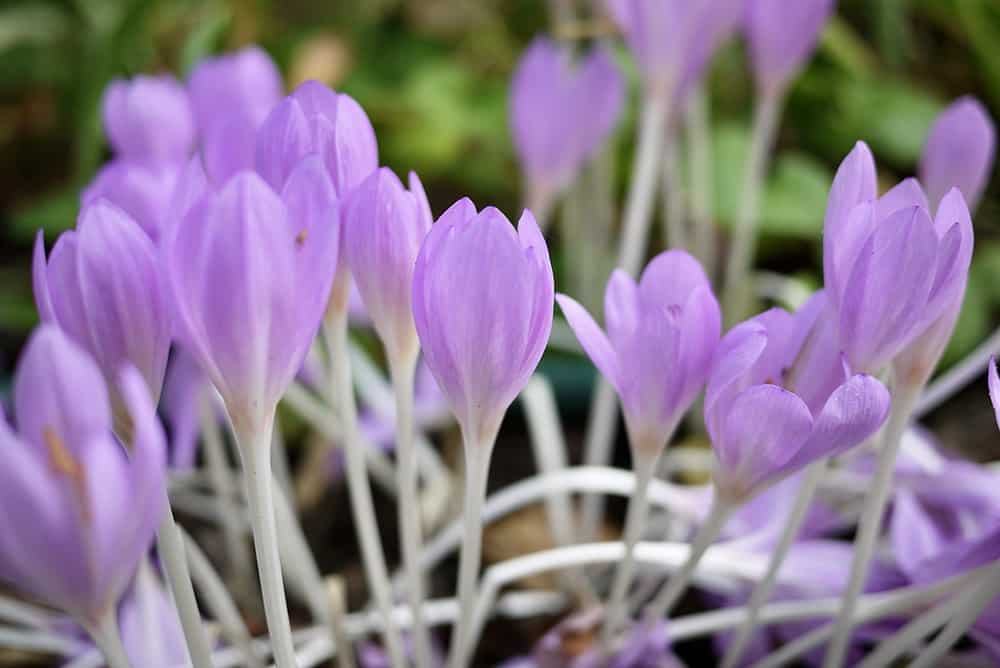Vesak verse: Bodhicitta on Vesak day
Part of a series of talks on the 41 Prayers to Cultivate Bodhicitta from the Avatamsaka Sutra (the Flower Ornament Sutra).
- A special Vesak verse
- Celebrating the Buddha’s presence and his teachings
- Holy days as days to really consider our motivation and practice
41 Prayers to cultivate bodhicitta: Vesak verse (download)
Another one of those days where instead of one of the 41 prayers to cultivate bodhicitta we’re going to have a different one than what’s listed in the Avatamsaka Sutra. That’s because today is Vesak according to the Chinese calendar.
Vesak is the anniversary of the Buddha’s birth, his enlightenment, and his passing into parinirvana. It’s the most holy day in the entire Buddhist calendar. I think for our aspiration, along the line of what we’ve been studying here,
“May I become fully enlightened and lead all sentient beings to full enlightenment, and spread the Dharma throughout the entire universe.”
This is the prayer of the bodhisattva on Vesak Day.
Actually, that should be our prayer every day. Not just Vesak Day. But somehow on Vesak Day, because it’s the anniversary where we really celebrate the Buddha’s presence on this Earth and his teachings and his enlightenment and his practice, then it’s a stronger day for us to think like this. But we should really think like this every single day.
Today the merit is multiplied many millions of times. So we should really try and keep our mind in a positive state today. And actually, not just today, but every day.
I think they make these holidays so that maybe every so often we’ll try really hard. But if we really get it then we should try hard every single day to purify our mind and keep it in a state of loving-compassion and kindness and to generate wisdom.
“May I lead all sentient beings to full enlightenment and spread the Dharma throughout the entire universe.”
This is the prayer of the bodhisattva on Vesak day.”
Venerable Thubten Chodron
Venerable Chodron emphasizes the practical application of Buddha’s teachings in our daily lives and is especially skilled at explaining them in ways easily understood and practiced by Westerners. She is well known for her warm, humorous, and lucid teachings. She was ordained as a Buddhist nun in 1977 by Kyabje Ling Rinpoche in Dharamsala, India, and in 1986 she received bhikshuni (full) ordination in Taiwan. Read her full bio.

